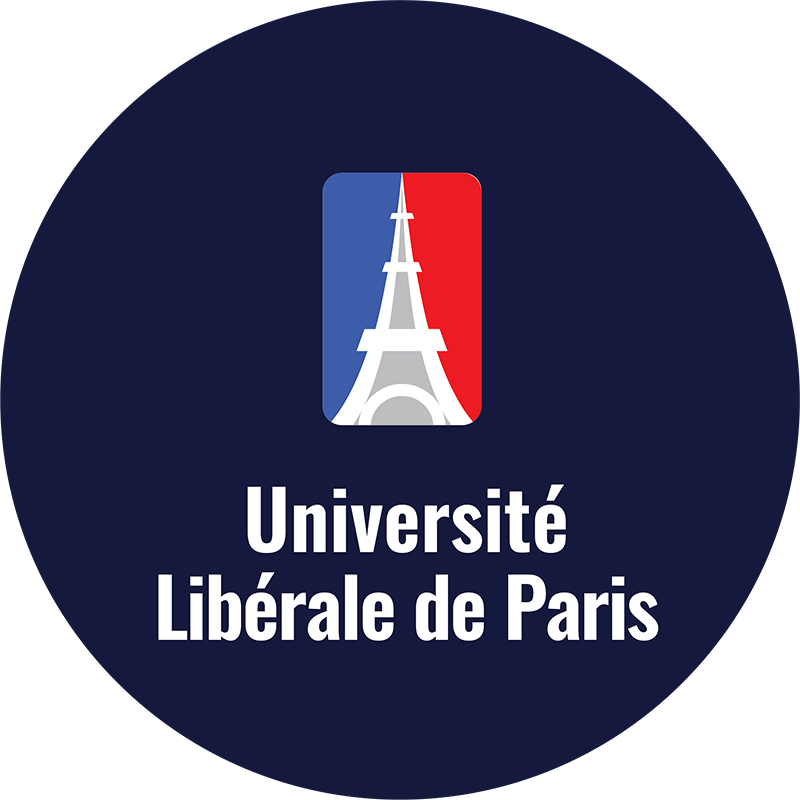Học viên có thể chuyển tất cả tín chỉ và toàn bộ học phí đã đóng khi chuyển tiếp sang các chương trình của Paris-U nếu muốn lấy bằng đại học chính thức.
Số tín chỉ có thể tích luỹ:
Học viên được tích luỹ được 20 credits khi tham gia chương trình Master of Business Administration (MBA). Vui lòng tham khảo thêm về chính sách tích luỹ tín chỉ TẠI ĐÂY.
Chuyển học phí đã đóng:
Khi tham gia chương trình MBA, toàn bộ phí đã đóng cho chương trình Micro Degree sẽ được giảm tương ứng. Thông tin chi tiết vui lòng xem TẠI ĐÂY.




